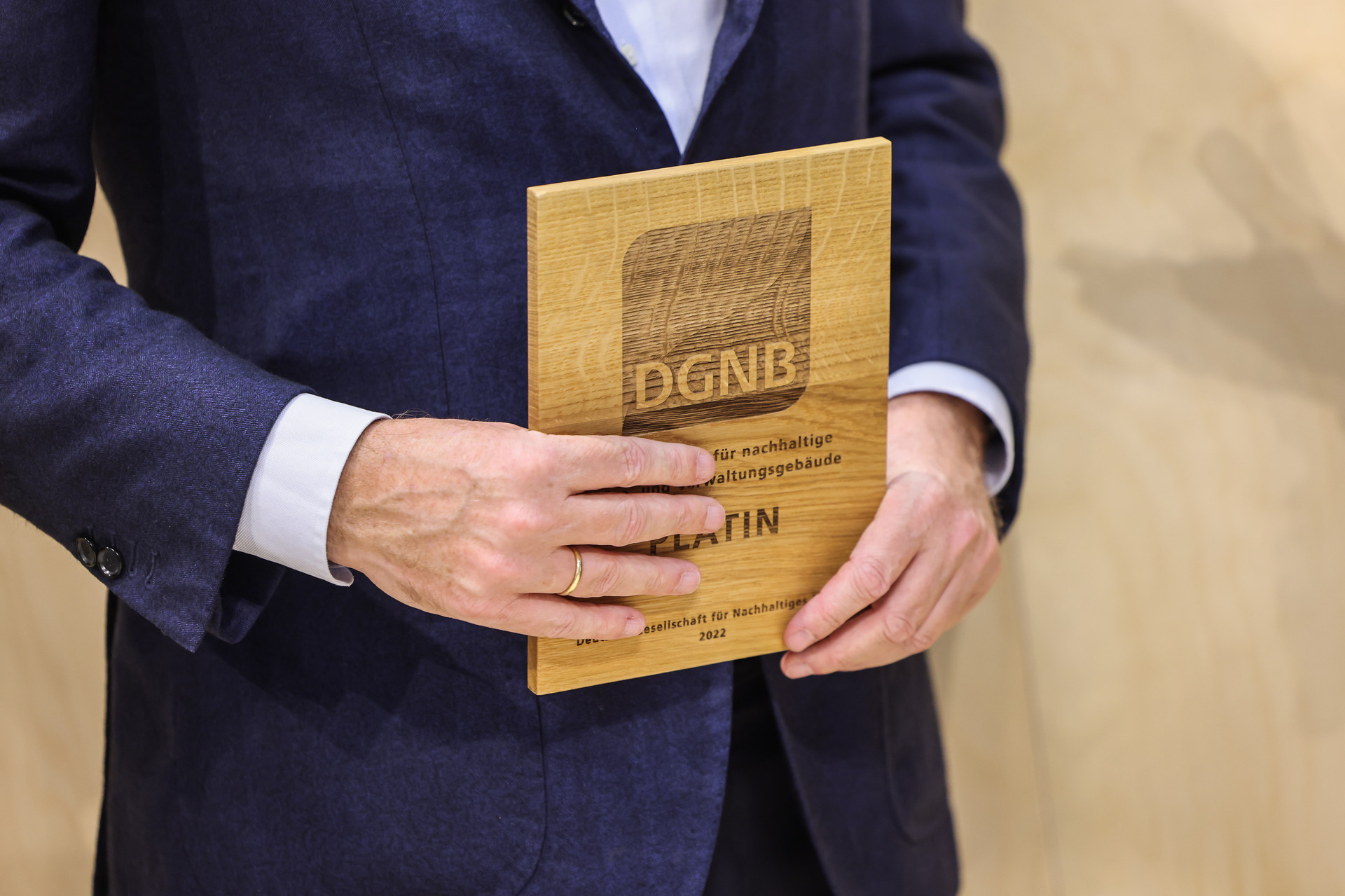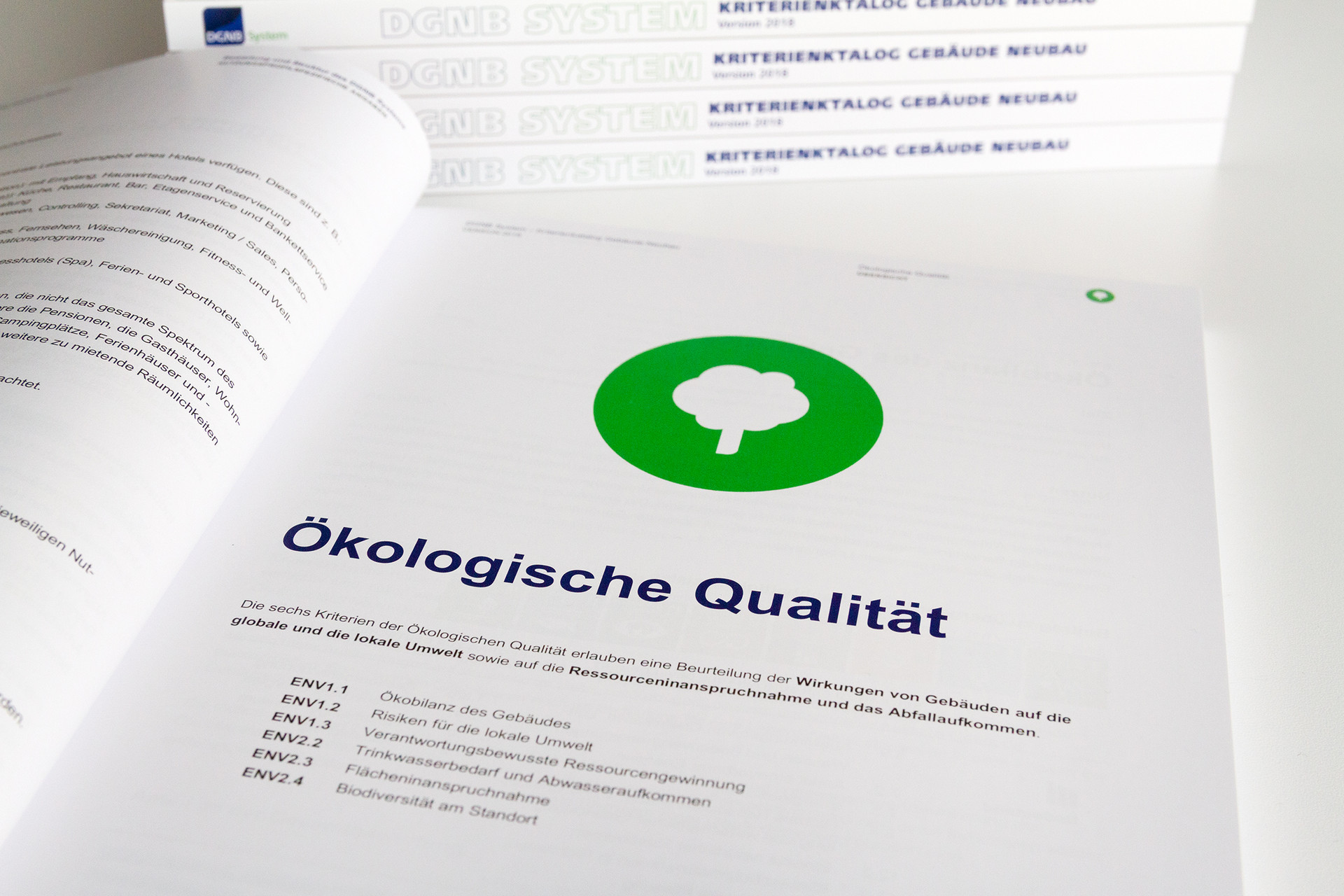The built environment consists of a wide variety of buildings for different uses and requirements. Particularly in view of an ageing society, care properties are increasingly coming to the fore. In the DGNB System, however, this type of use is not yet represented by a separate scheme. This is due to the fact that care properties already combine different uses in themselves: care properties or care homes are classified as residential buildings according to the quality label "Qualitätssiegel Nachhaltiges Gebäude" (QNG) and the Building Energy Act (GEG §3, 33). However, their use is often more similar to that of hotels or healthcare buildings. With the introduction of the 2023 version of the DGNB Certification System for new Construction, the DGNB is closing this gap:
Together with representatives, DGNB Auditors and investors from the care sector, the 2023 version of the DGNB System for new Construction of Buildings was put to the test and proposals for a different assessment of some criteria and indicators were developed during the public comment period. These proposals are now applicable in the 2023 version under the scheme variant residential buildings for care properties.
Healthy living environment
High living comfort
Low CO2 footprint or carbon neutrality
High building flexibility due to e.g. easier adaptations in case of changes
Increased attractiveness for employees
Increased productivity and performance of employees
Lower costs for conversions
Low ancillary costs
Advantages when selling real estate
High sense of security for residents
Energy efficient building technology
The certificate is primarily aimed at all those who plan and build care properties, which also include in particular municipalities and public actors as well as churches. Anyone who wants to purchase or rent such a property can use the DGNB Certificate as independently verified proof of the holistic quality of the building.
- Differentiation from competitors
- Certainty with regard to the attainability of the performance targets as early as the planning stage
- Holistic consideration of all relevant sustainability requirements
- Transparent and independent quality award and assurance during planning, construction and operation
- Communication of the project to the public and increase of acceptance
- High value stability
- Advantages when selling real estate
- Contribution to the United Nations Sustainable Development Goals (SDGs)
- Long-term Asset Value
- Flexibility and convertibility
- In criterion ENV2.2 Potable water demand and waste water volume, the water consumption value of healthcare buildings may be applied
- The benchmark for health buildings to determine life cycle costs can be applied in criterion ECO1.1 Life cycle cost
- In the new criterion ECO2.4 Value stability, the value for space efficiency is similar to the scheme of healthcare buildings and may also be used for care properties
- For the ventilation rate in criterion SOC1.2 Indoor air quality, the indicators from hotel and educational buildings can be used
- The criteria ECO2.1 Flexibility and adaptability, ECO2.2 Commercial viability and SOC1.5 User influence have been dropped in the 2023 version
With the DGNB Certification System, care properties can also be realised as sustainable buildings as a variant of the scheme residential buildings (>6 residential units) - with a focus on climate action, climate resilience, recyclability and biodiversity.
Available criteria sets in English
DGNB Criteria Set New Construction Buildings, Version 2023
Project registration

To register a project, clients must first hire a DGNB Auditor or DGNB Consultant. They can then register the project. Auditors also accompany the entire process and take over the verification and submission to the DGNB. They are active worldwide and specialise in certain schemes.
Projects can be registered in the current market version "Buildings, New Construction, Version 2023".
Your contact
Markus Kelzenberg
Chief Executive Officer DGNB GmbH / Certification Body
- Phone: +49-711-722322-75
- Email: m.kelzenberg@dgnb.de

